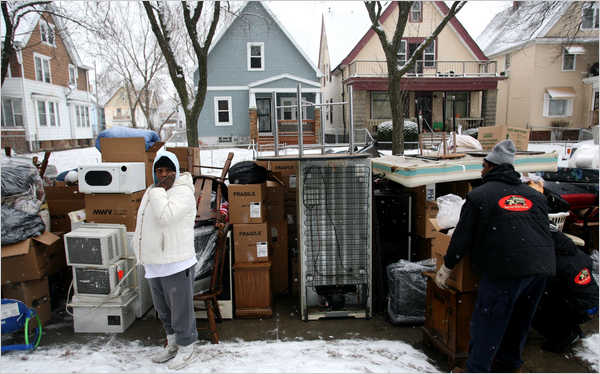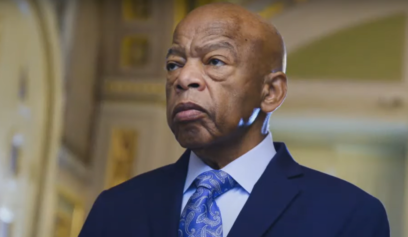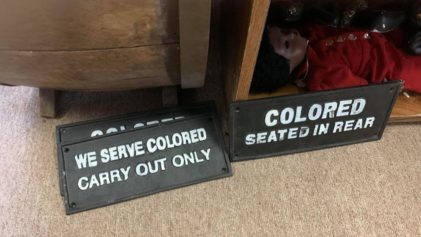Black Wealth Stagnated or Declined After Integration
During segregation, Blacks were forced to start and support the businesses in their own communities. Many of these businesses flourished and even helped made some Black communities, such as the Greenwood community in Tulsa, Okla., (often called Black Wall Street), wealthier than their white neighbors.
After segregation ended, African-Americans flocked to support businesses owned by whites and other groups, causing Black restaurants, theaters, insurance companies, banks, etc. to almost disappear. Today, Black people spend 95 percent of their income at white-owned businesses.
Even though the number of Black firms has grown 60.5 percent between 2002 and 2007, they only make up 7 percent of all U.S firms, and less than .005 percent of all U.S business receipts.
In 1865, just after Emancipation, 476,748 free Blacks — 1.5 percent of U.S. population– owned a .005 percent of the total wealth of the United States. Today, a full 135 years after the abolition of slavery, 44.5 million Black Americans — 14.2 percent of the population — possess a meager 1 percent of the national wealth.



